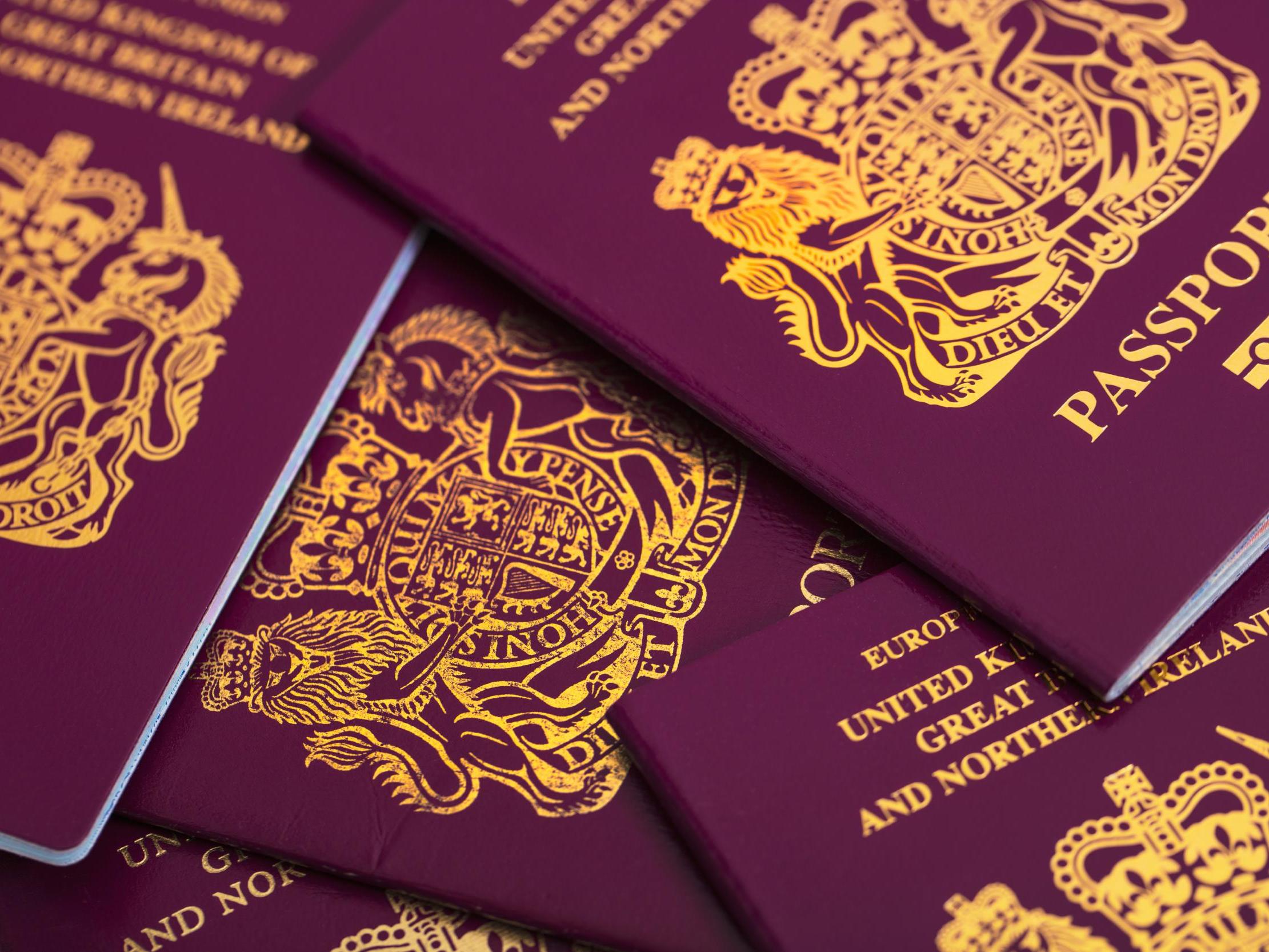Brexit: When do I need to renew my passport?
Have a question? Ask our expert Simon Calder


Q My passport was issued on 6 April 2009. I had almost a year left on my previous passport and received a full nine months unused time added on, giving an expiry date of 6 January 2020.
I wish to plan a weekend trip for my wife and I for our wedding anniversary travelling on 5 April 2019. This will be the day before my passport’s 10th anniversary of being issued. By the time we plan to leave it will still be valid for eight months. However, yesterday I received a text message from gov.uk with a link to an online checker which asked me to enter my passport dates, date of birth and travel date. I was told: “You should renew your passport for this trip.” But I thought the minimum validity was six months, which I comfortably exceed?
Name withheld
A In the event of a no-deal Brexit you and millions of other travellers will need fresh passports many months before they expire if you want to travel to the European Union.
The reason hinges on the practice that prevailed for many years of crediting renewed passports with up to nine months of unexpired time. Your passport is an excellent example, valid for 10 years and nine months. This traveller-friendly idea came to an abrupt end in September 2018 when the Home Office suddenly realised the problems it would cause.
While the UK is in the EU, passports which are valid for over 10 years present no problem. As soon as Britain leaves, we become subject to the third-country rules for entry into the Schengen Area. These include the most draconian rules in the world on passport validity: any passport is regarded as expired 10 years after it was issued.
Some travel documents with almost 15 months remaining will be regarded as insufficient for travel to the EU, because the British government says you will need six months of remaining validity on the day you want to enter.
I calculate from available sources that around 1 million people whose passports were issued in the first three months of 2009 for duration exceeding 10 years will find that their documents are regarded as out of date from the very first day of post-Brexit travel, 30 March 2019.
In addition, you and around 3 million additional UK passport holders whose documents were issued between April and December 2009 could find that they fall foul of the same rule before the end of 2019.
As the UK government has made it clear that a no-deal Brexit is a possibility, I must advise you to obtain a new passport by 29 March 2019 – and to do so soon, because I predict a surge in renewals as the day approaches.
This will mean, of course, that you lose almost a year in validity of your passport. No credit will be made for unexpired time, since this is at the root of the problem.
While many other nations accept British passports for visits up to and including the date of expiry, some do not. The UAE, Egypt and Singapore impose six-month validity rules. But they count from the actual expiry date, rather than arbitrarily deciding that a passport is finished 10 years after it was issued.
Every day, our travel correspondent Simon Calder tackles a reader’s question. Just email yours to s@hols.tv or tweet @simoncalder
Join our commenting forum
Join thought-provoking conversations, follow other Independent readers and see their replies
Comments